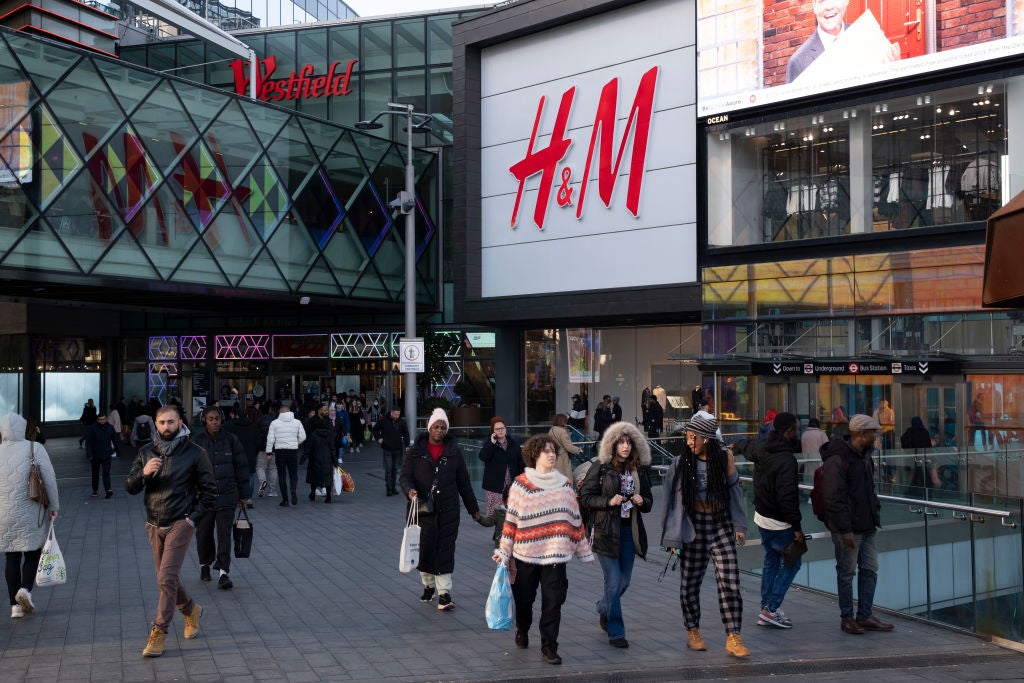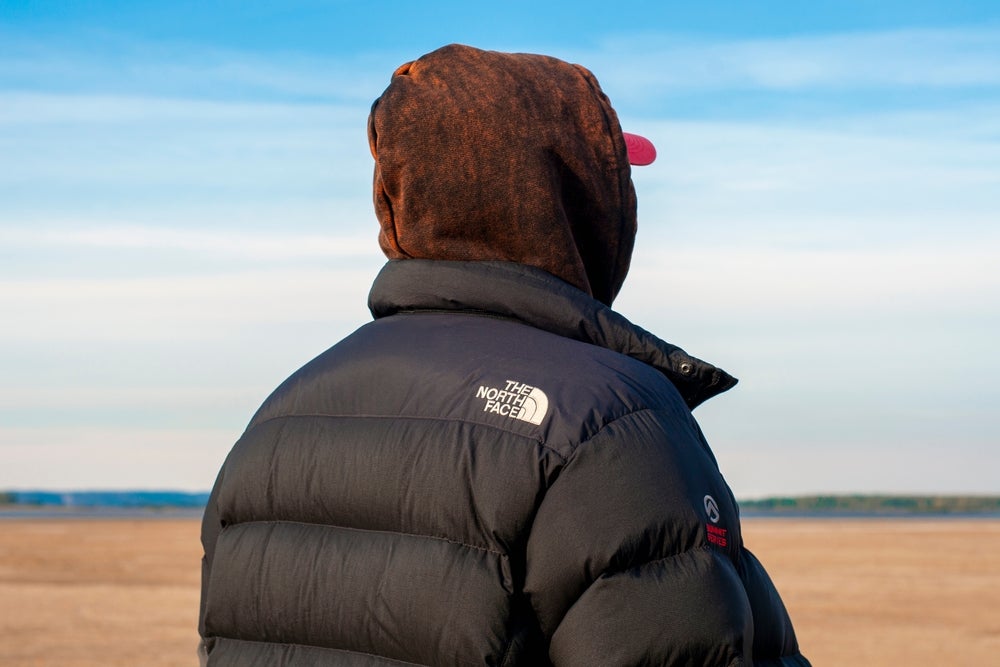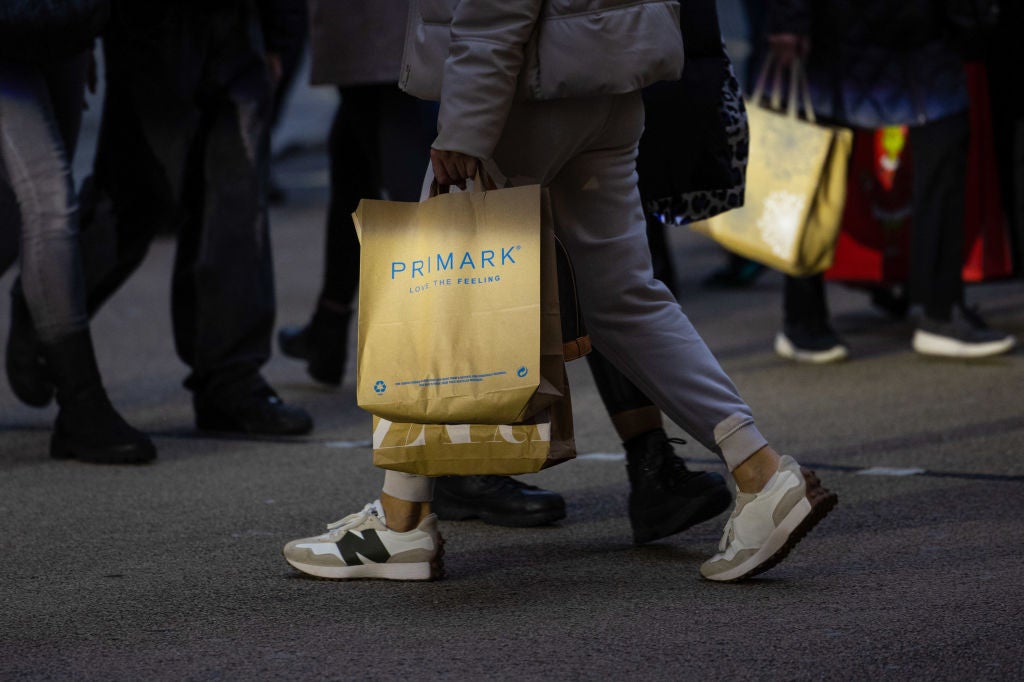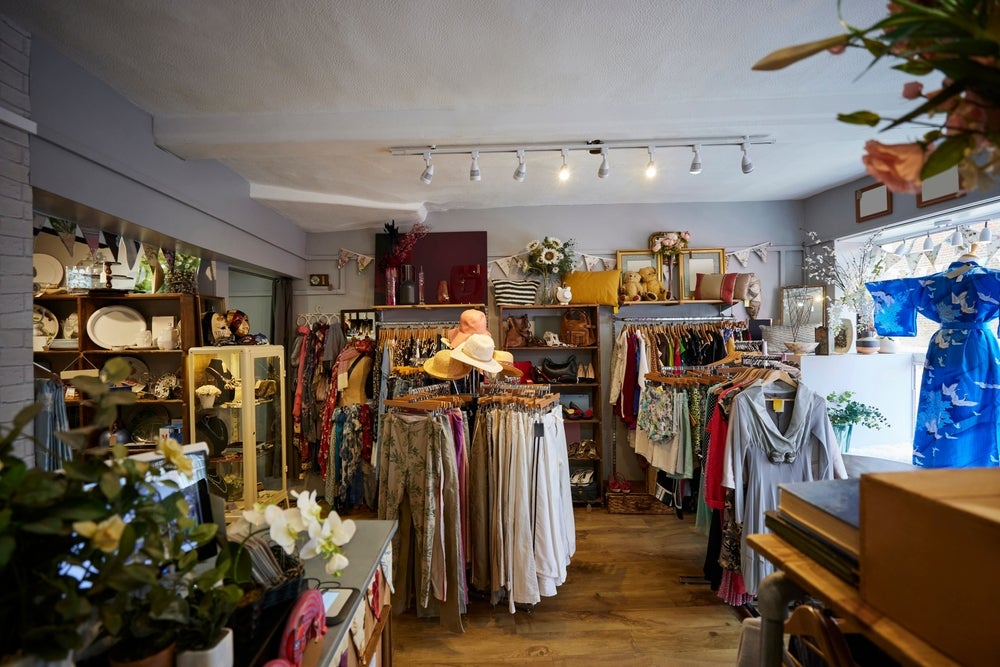
Uddin claims H&M has become the “first” global brand to increase unit prices for garment manufacturers to support this increase in wages, adding that the brand plans to absorb the rise in costs via product prices.
This comes as no surprise, since the Swedish fashion retailer had previously increased prices after minimum wage revisions took place in Bangladesh in both 2013 and 2018.
Uddin noted this is the third occasion where H&M has jumped on the bandwagon and increased prices following an increase in minimum wage.
He said: “Leadership like this matters as it sets a standard for other fashion brands in the industry to follow. During the pandemic, H&M became the first major global brand to settle all bills on ALL orders after the world came to a halt. This proved a catalyst for other brands to follow and was crucial in enabling cashflow for thousands of suppliers around the world.”
In fact, Uddin added lots of brands publicly urged the Bangladesh government to increase the minimum wage but H&M became the “first” brand to support such sentiments with meaningful action.
An H&M spokesperson confirmed to Just Style that the brand has committed to stand behind responsible purchasing practices to its business partners in Bangladesh after the new minimum wage.
How well do you really know your competitors?
Access the most comprehensive Company Profiles on the market, powered by GlobalData. Save hours of research. Gain competitive edge.

Thank you!
Your download email will arrive shortly
Not ready to buy yet? Download a free sample
We are confident about the unique quality of our Company Profiles. However, we want you to make the most beneficial decision for your business, so we offer a free sample that you can download by submitting the below form
By GlobalDataThe spokesperson said: “We have a well-diversified supply chain and have long experience with sourcing from several geographies. We support the development of fair and competitive wages in our supply chain and are working towards improving working conditions for the workers through the way we conduct our business. We have communicated to our suppliers that we acknowledge the importance of our purchasing practices as enablers for improved wage levels, better planning and forecasting and beneficial payment terms.”
In fact, H&M clarified that the mentioning of “prices” in this context refers to its purchasing prices and not price to consumers.
The Swedish retailer added: “When we decide how to price our offer to customers, we always ensure that we have the best combination of fashion, quality, price and sustainability in every market where we operate.”
This news comes after the announcement on 7 November, where Bangladesh’s State Minister for Labour Monnujan Sufian announced Tk12,500 ($112.8) as the new minimum monthly salary for garment workers.
However, the new minimum monthly wages set for the apparel sector workers is still below what the workers’ representative on the wage board, Sirajul Islam Rony, had proposed in the previous meeting.
Kohnstamm pointed out minimum wage is not a “liveable wage” and stated it begs the question: What’s the rationale for the wage board to come to that conclusion?







